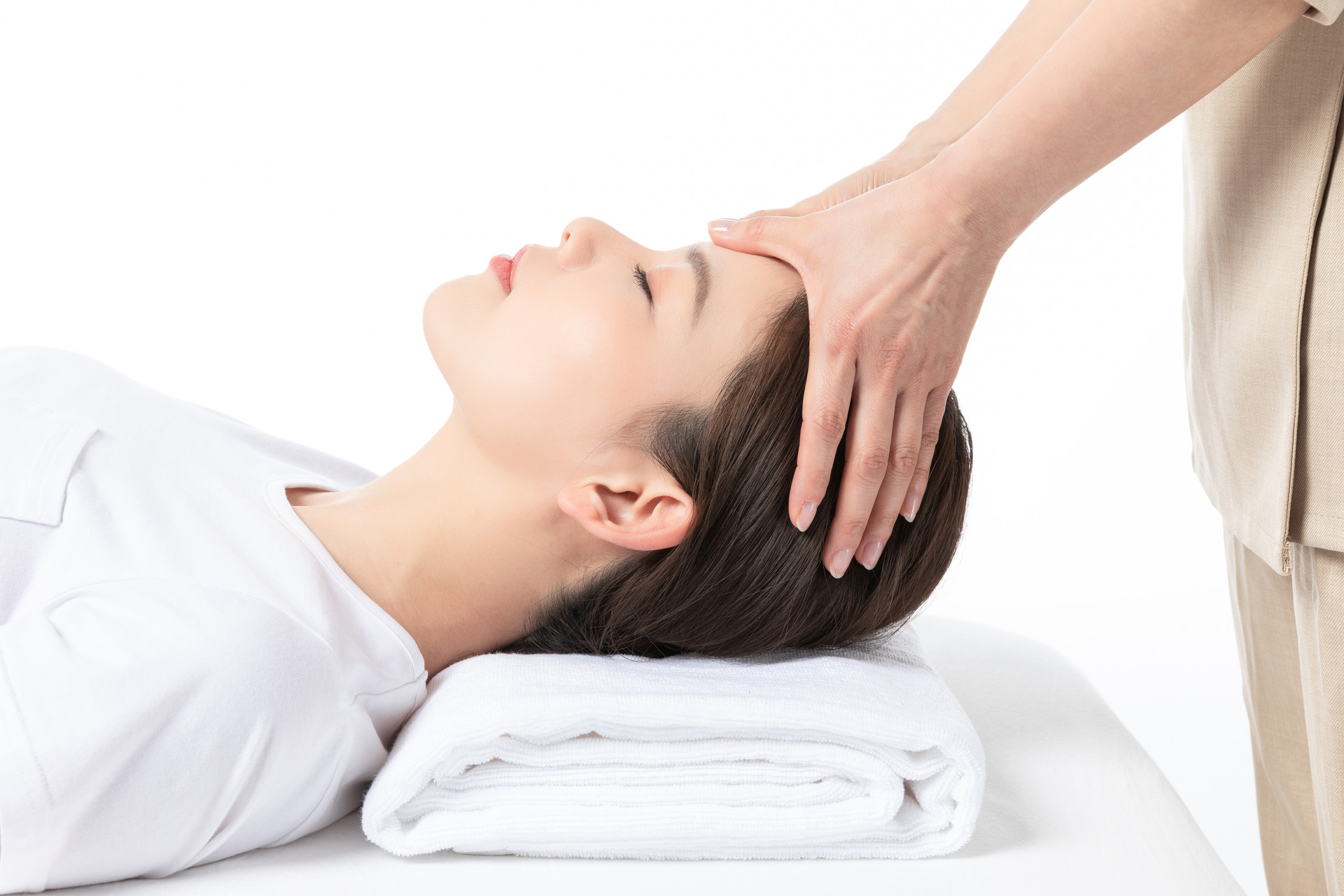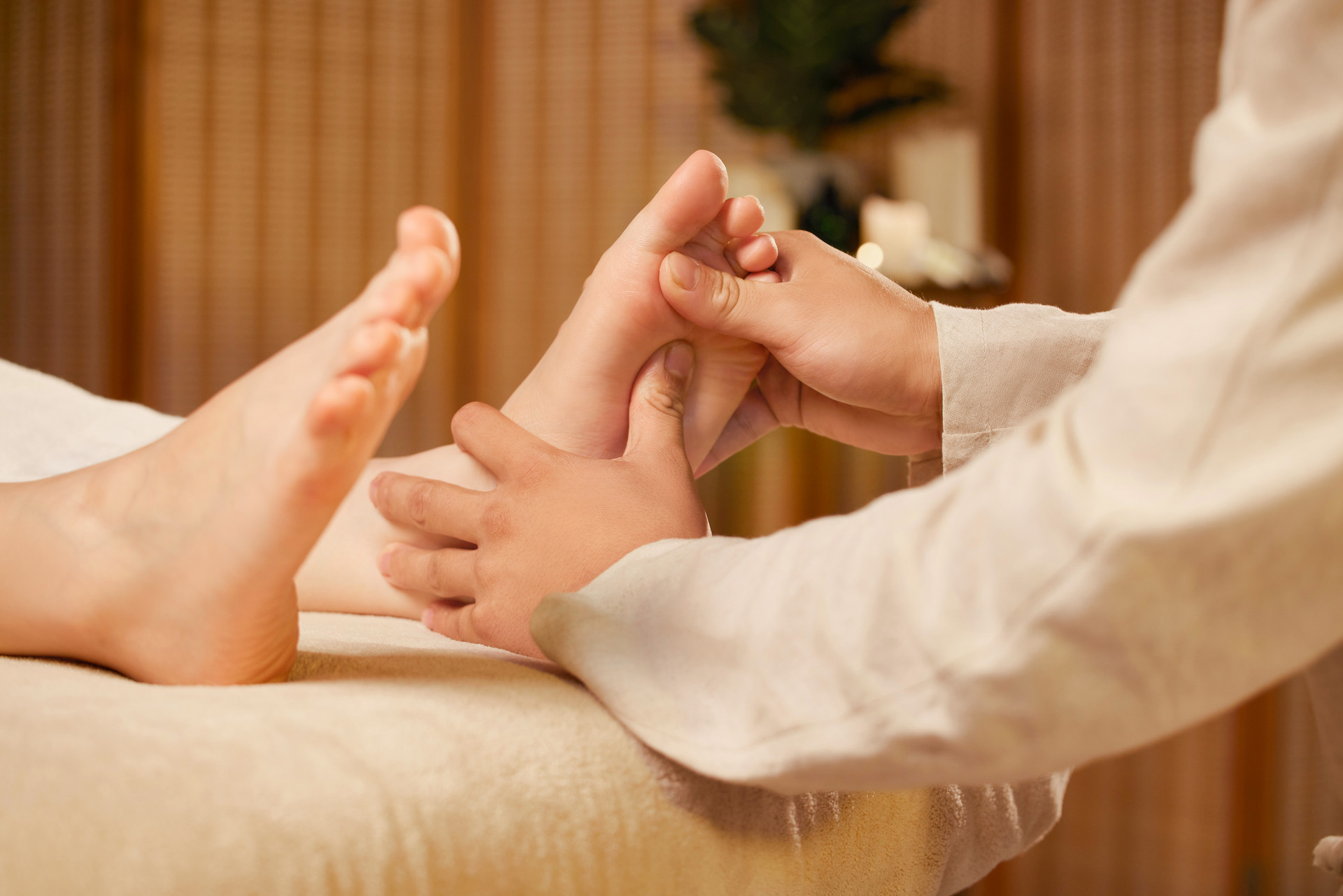Dementia in the elderly is the highest prevalence in today's society. After some elderly people develop dementia, it not only affects their daily life, but also may affect their family members if the condition is severe. So how to prevent dementia in the elderly? It is said that massaging this acupoint can effectively prevent dementia in the elderly. Let's learn more about it with the editor!
What is senile dementia?
Alzheimer's disease (AD) is a progressive degenerative neurological disease with an insidious onset. It is clinically characterized by comprehensive dementia, including memory impairment, aphasia, apraxia, agnosia, visuospatial skill impairment, executive dysfunction, personality and behavioral changes, and the cause is still unknown. Onset before the age of 65 is called early-onset dementia, and onset after the age of 65 is called senile dementia.
Massaging this acupoint to prevent senile dementia
This acupoint is located at the front hairline and is the residence of the brain's divine spirit, connected to the brain network. It is an acupoint of the Gallbladder Meridian of Foot Shaoyang and intersects with the Yang Wei Meridian of the Eight Extra Meridians. This acupoint has long been believed to have the effects of soothing the liver and gallbladder, calming the wind and calming the mind, and opening the mind. It is a recommended acupoint for treating stroke, epilepsy, convulsions, headache, and other conditions by generations of medical experts.
Clinically, senile dementia is closely related to cerebrovascular diseases.
From a neuropsychological perspective, the functions of the frontal lobe of the brain include memory, judgment, analysis, and thinking. Degeneration or damage to the frontal lobe can lead to the inability to concentrate, inability to engage in elaborate logical reasoning, helplessness in the face of sudden events, forgetfulness, slow movements, paranoid personality, withdrawal, emotional fluctuations, and mood swings.
This acupoint is located on the surface of the frontal lobe of the brain. Stimulating this acupoint can increase the excitability of the frontal cortex of the brain, improve insufficient blood supply to the brain, prevent and delay the death and atrophy of damaged neurons, and effectively improve the patient's memory and cognition. In clinical practice, it is more effective when used in conjunction with the Shen Ting acupoint and Bai Hui acupoint.
Acupoint selection method
On the head, 0.5 inch above the front hairline, 3 inches beside the Shen Ting acupoint, at the intersection of the inner two-thirds and the outer one-third of the line connecting the Shen Ting acupoint and the top of the head.
Operational method
Massage method: The patient uses the tip of the thumb joint to exert force on the acupoint, presses and kneads vertically with force, causing obvious sensations such as soreness, numbness, fullness, and pain in the area, and then gradually relaxes. Then, use the base of the thumb to press against the acupoint, and gently rub back and forth until the local area feels warm. Repeat this operation, alternating between left and right. Press each acupoint for 5-10 minutes, once or twice a day.
These methods can also prevent senile dementia
1. Drink two cups of apple juice every day
Apple juice can promote the production of acetylcholine in the brain. This substance is the same as the active ingredient in the preferred drug Aricept (donepezil) for treating Alzheimer's disease. Apple juice has the effect of improving the speed and accuracy of memory and learning. Eating two apples a day has the same effect.
2. Eat cinnamon
Eating cinnamon helps improve weak and inefficient insulin (insulin resistance) and helps it process sugar normally. Cinnamon helps prevent the onset of senile dementia. Cinnamon can be added to food and drinks, and half a teaspoon to one teaspoon (250 mg to 500 mg) of cinnamon powder per day is enough.
3. Receive more education
Multiple studies have found that the more years of formal education a person has, the lower the risk of senile dementia. College education strengthens brain activities such as attention and reading ability, which helps stimulate communication between brain cells.
4. Socialize more
Socializing more helps improve cognitive abilities. Going out for meals or participating in sports activities, traveling, parties, watching movies, listening to concerts, joining various clubs, participating in community volunteer activities, and frequently visiting relatives and friends all help improve memory and thinking abilities.












